Cotton, a natural fiber derived from the cotton plant, has been a staple in the textile industry for centuries. Renowned for its softness, breathability, and versatility, 100% cotton fabrics are widely used in various applications, from clothing to home furnishings. However, like any other material, cotton has its own set of advantages and disadvantages. In this article, we will delve into the pros and cons of 100% cotton, shedding light on its true nature and helping you make informed decisions.
- Pros of 100% Cotton:
1.1 Soft and Comfortable: One of the most significant advantages of 100% cotton is its exceptional softness, making it a preferred choice for clothing, bedding, and towels. The fabric feels gentle against the skin, providing a luxurious and comfortable experience.
1.2 Breathable and Moisture Absorbent: Cotton fibers possess excellent breathability, allowing air to circulate freely through the fabric. This property makes cotton garments ideal for hot and humid climates, as it helps to keep the body cool and dry by absorbing and wicking away moisture.
1.3 Hypoallergenic: Cotton is a hypoallergenic material, meaning it is less likely to cause allergic reactions or skin irritations. This makes it suitable for individuals with sensitive skin or allergies, providing them with a safe and comfortable option.
1.4 Versatile and Durable: 100% cotton fabrics are known for their versatility and durability. They can be easily dyed, printed, or woven into various patterns and textures, making them suitable for a wide range of applications. Additionally, cotton fibers have high tensile strength, ensuring that cotton products can withstand regular wear and tear. - Cons of 100% Cotton:
2.1 Prone to Wrinkling: One of the drawbacks of 100% cotton is its tendency to wrinkle easily. This can be inconvenient for those who prefer a crisp and neat appearance, as it may require frequent ironing or steaming to maintain a polished look.
2.2 Shrinkage: Cotton fabrics have a higher likelihood of shrinking when exposed to heat, especially during washing and drying. It is essential to follow proper care instructions to minimize shrinkage and preserve the original size and shape of cotton garments.
2.3 Absorbs Stains and Fades: While cotton is absorbent, this characteristic can also be a disadvantage. Cotton fabrics tend to absorb stains more readily than synthetic materials, and they may fade over time, particularly when exposed to sunlight or harsh detergents. Proper care and stain removal techniques are necessary to maintain the fabric's appearance.
2.4 Environmental Impact: Although cotton is a natural and biodegradable material, its production can have a significant environmental impact. Conventional cotton farming often involves the use of pesticides, water-intensive irrigation methods, and the depletion of soil nutrients. Opting for organic or sustainably sourced cotton can help mitigate these concerns.
Conclusion:
In conclusion, 100% cotton offers numerous advantages, such as softness, breathability, and versatility, making it a popular choice in the textile industry. However, it is essential to consider the drawbacks, including wrinkling, shrinkage, stain absorption, and environmental impact. By understanding the pros and cons of 100% cotton, individuals can make informed decisions when purchasing cotton products and ensure proper care to maximize their longevity and enjoyment.

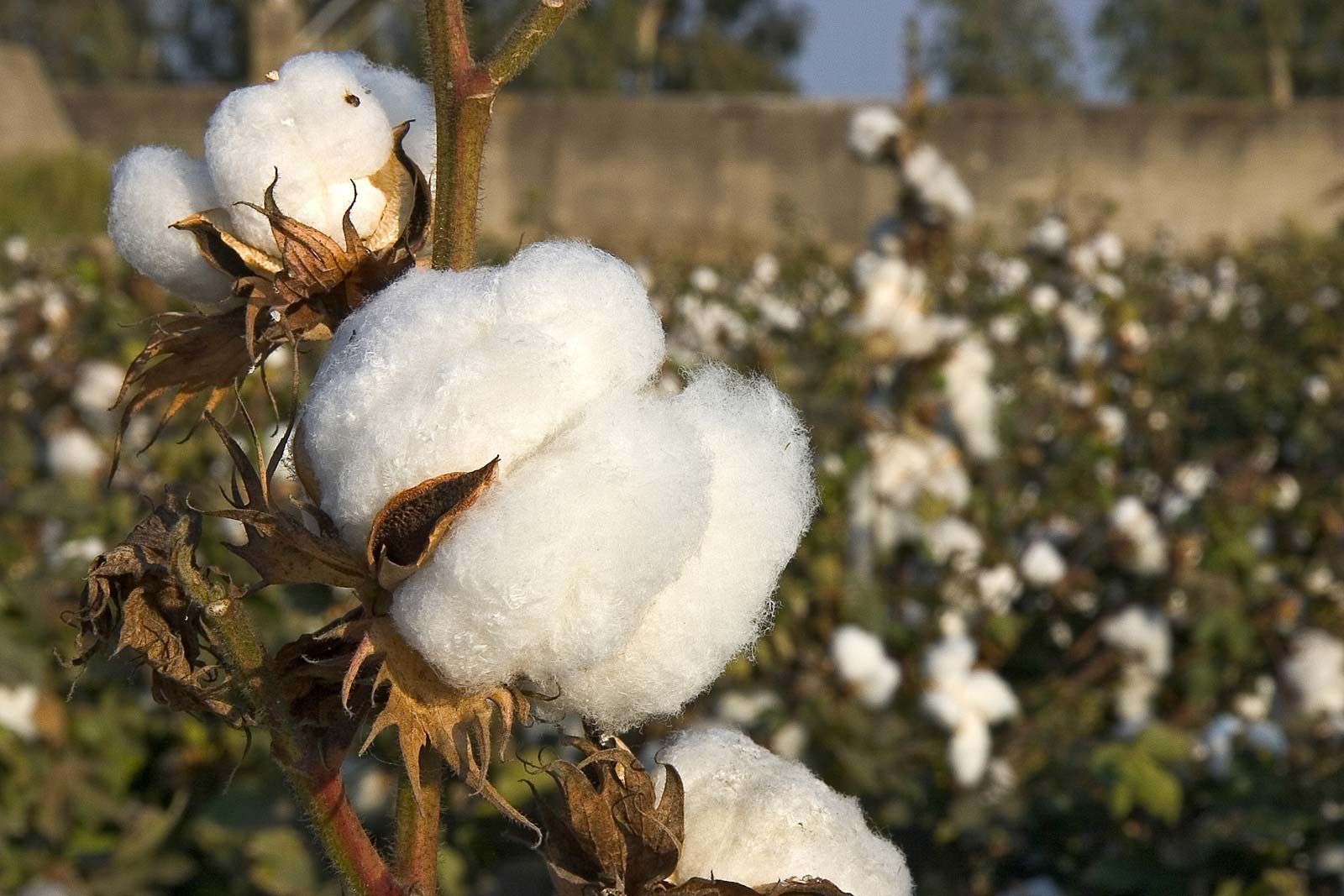
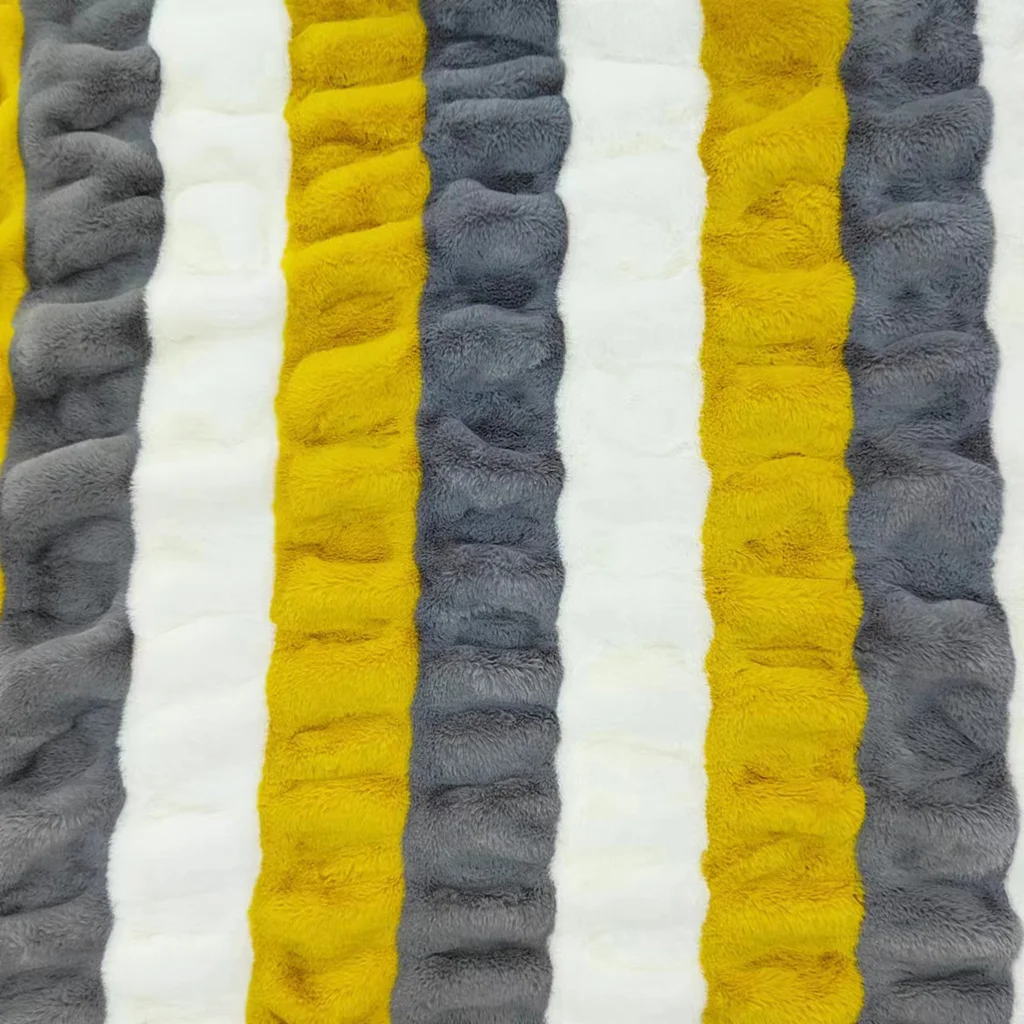
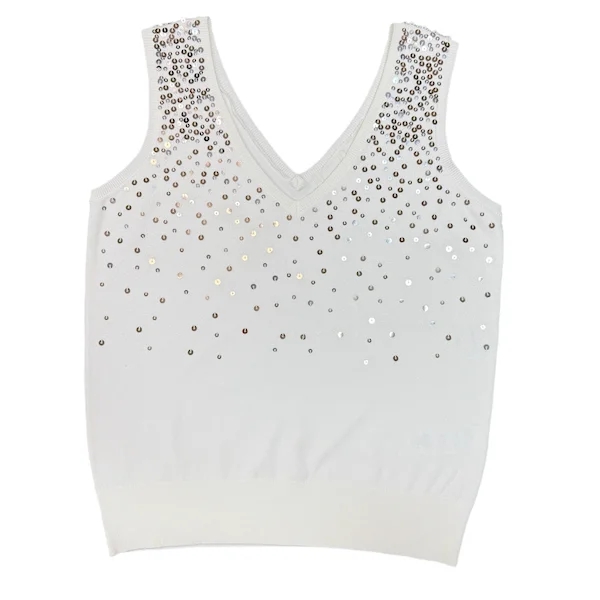
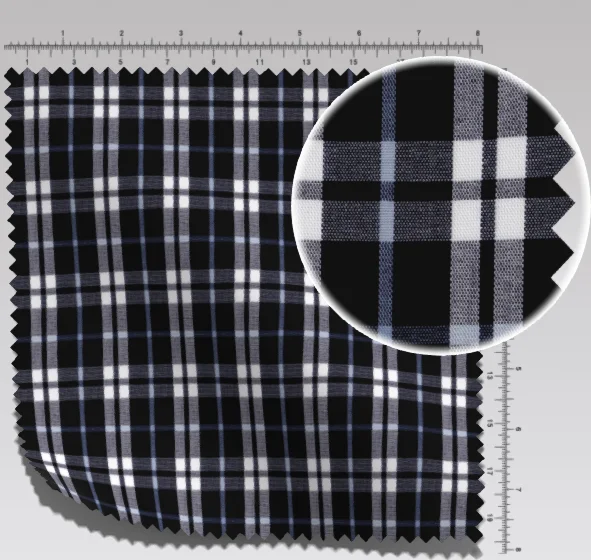
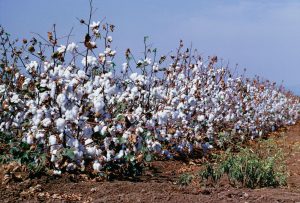


+ There are no comments
Add yours